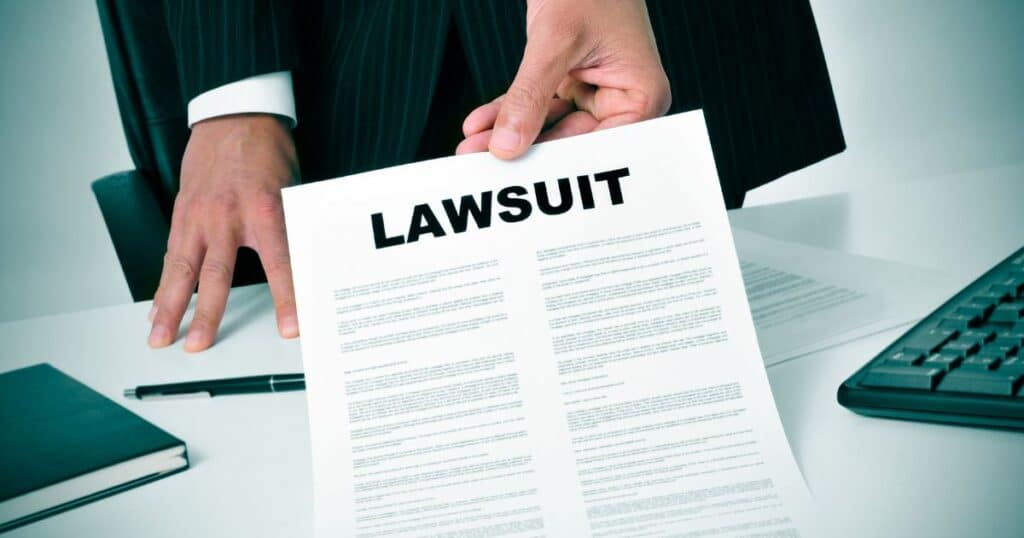The legalization of marijuana in Missouri has opened up a new industry and revenue stream for the state. However, with this comes the challenge of properly regulating and taxing cannabis sales. Recently, two Missouri cannabis companies, Robust Missouri LLC and Vertical Enterprises LCC, have filed lawsuits in their respective counties over what is known as the “stacking” of state and local taxes on marijuana sales.
Stacking refers to the practice of imposing multiple taxes on the same product or service. In this case, it refers to the issue of whether cities and counties in Missouri have the authority to impose their own additional taxes on top of the state’s taxes on marijuana sales. This is a key problem in the industry right now because local, city, state, and federal governments are all trying to capitalize on the legalization of marijuana for their own budget shortfalls.
This issue is not only important for cannabis companies but also for consumers. The additional taxes imposed by local governments could potentially drive up the cost of marijuana products, making them more expensive for consumers.
Missouri Cannabis
In November 2018, Missouri voters approved the legalization of medical marijuana through a ballot measure. In August 2020, they also voted to legalize recreational use of cannabis for adults over the age of 21.

Under current laws, medical marijuana is subject to a 4% sales tax, while recreational cannabis sales are subject to 6% sales tax. Additionally, local governments have the option to impose their own taxes on marijuana sales within their jurisdictions of up to 3%.
Taxes are collected at the point of sale by dispensaries and then remitted to the state government. The revenue generated from these taxes is intended to fund various programs such as education, drug treatment, and law enforcement.
Lawsuits Filed
Two lawsuits have been filed by Missouri cannabis companies challenging the authority of local governments to impose their own taxes on marijuana sales.
The first case, Robust Missouri Dispensary 3 LLC v. Wayne Wallingford Director of the Department of Revenue for the State of Missouri, argues that its sales tax rate for recreational marijuana sales would reach 14.988%. That is the regular tax rate of 8.988% in Florissant plus the city and county marijuana sales tax as reported first by Missouri Independent.
Robust argues in the suit that there is “justiciable controversy regarding whether Article XIV of the Missouri Constitution permits a county to enact an ordinance imposing a three percent sales tax on retail sales of adult use marijuana and ask the Director to collect that three percent sales tax on retail sales of adult use marijuana occurring at a dispensary located within the boundaries of an incorporated village, town, or city.”
They are arguing that the 3% county tax imposed is being stacked on, and are asking for injunction from collecting any sales tax enacted by St. Louis County.
In the lawsuit Robust claims these extra taxes “will suffer irreparable harm by being required to collect sales tax from its customers above what is authorized by Article XIV of the Missouri Constitution, thereby permanently damaging those customer relationships.”
The second suit is between VERTICAL ENTERPRISE LLC, and Buchanan County, Missouri, in which Vertical is asking for an permanent injunction from collecting the imposed county tax like the Robust vs St. Louis County suit.
Vertical argues “Buchanan County is not a “local government” in relation to Vertical because Vertical is in an incorporated area and Buchanan County is not a village, town or city. Therefore, Buchanan County’s tax on marijuana sales in the city limits of St. Joseph is not authorized by Article 14 Section 2.6(5) or any other section.”
“Buchanan County’s additional tax on the sale of marijuana within the city limits of St. Joseph is prohibited by the Missouri Constitution.”
Vertical claims that it would will “suffer irreparable harm if Buchanan County is allowed to pursue collection.”
Missourians are spending about $100 million a month on recreational marijuana, said Jack Cardetti, spokesman for the trade association per Missouri Independent. About three dozen counties have passed a local tax and the state Department of Revenue, which collects the tax for local entities, has notified dispensaries where a city and county tax is in effect that both levies must be charged.
“It equates to approximately $3 million a month that Missouri cannabis customers are being forced to pay when that is not what the constitution says,” Cardetti said.

The two lawsuits filed by Missouri cannabis companies highlight a major issue facing the industry right now – the stacking of taxes at different levels of government.
As legalization sweeps across the country, there has been a rush to capitalize on the potential revenue that can be generated from marijuana sales. However, this has led to various levels of government trying to use the industry as a cash cow to fund their budget shortfalls.
The lawsuits are challenging the legality of local governments imposing their own taxes on top of state taxes for marijuana sales, arguing that this goes against the Missouri Constitution. This has become a major concern for businesses in the industry as it could potentially harm their relationships with customers and hinder growth.
It is important for state and local governments to find a fair and balanced approach when it comes to taxing the marijuana industry. Excessive taxes could discourage consumers from purchasing legally and drive them toward the illicit market, undermining the purpose of legalization in the first place.
Enjoyed that first hit? Come chill with us every week at the Friday Sesh for a freshly packed bowl of the week’s best cannabis news!

















